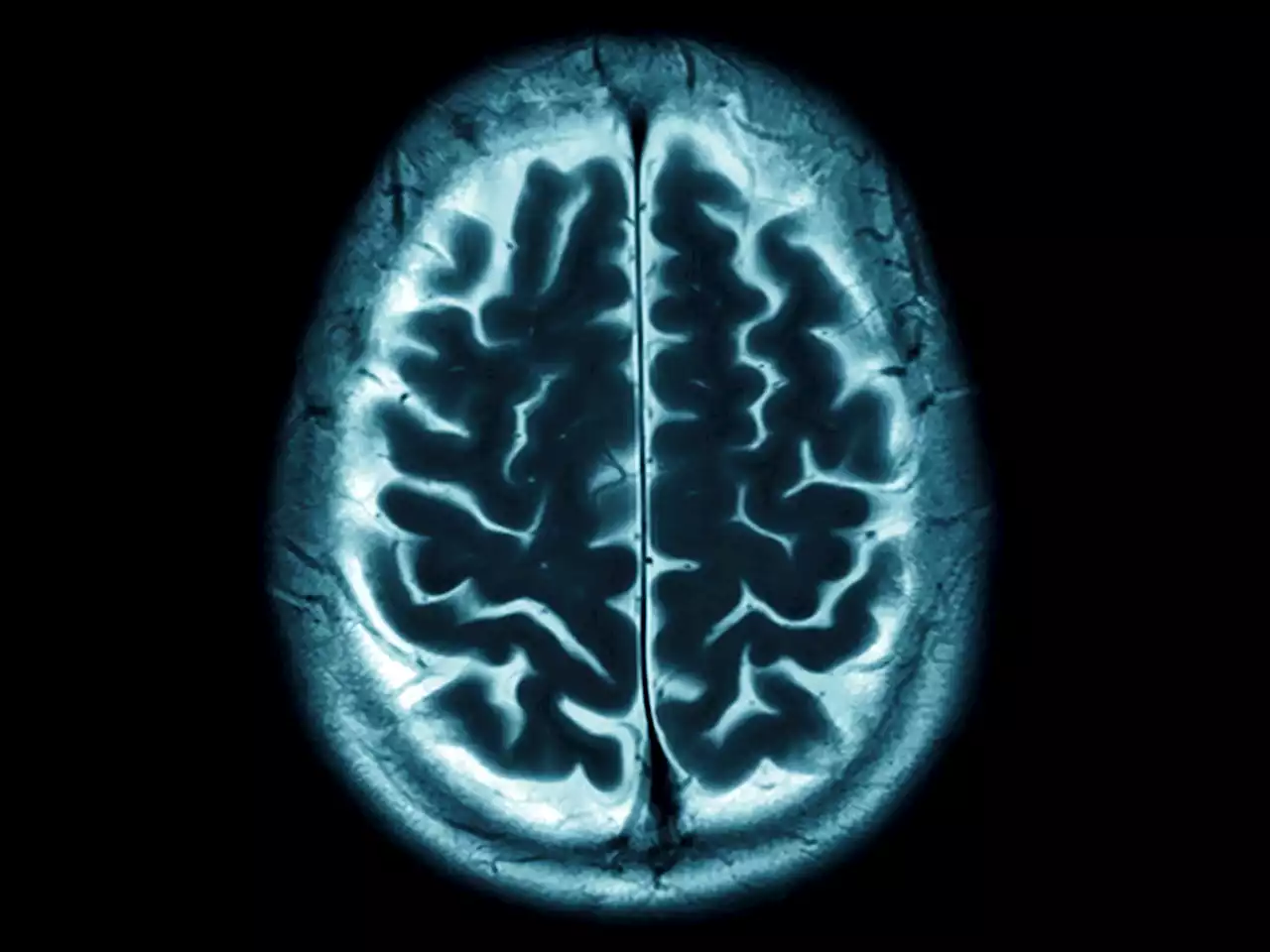The brain's hemispheres are not equal. At first glance, the human body seems to be symmetrical: two arms, two legs, two eyes, two ears, and even the nose and mouth appear to be mirrored on an imaginary axis that divides most people's faces. Finally, the brain is split into two nearly equal-sized ha
The scientists found that asymmetry is influenced by a person’s experiences.At first glance, the human body seems to be symmetrical: two arms, two legs, two eyes, two ears, and even the nose and mouth appear to be mirrored on an imaginary axis that divides most people’s faces. Finally, the brain is split into two nearly equal-sized halves, and the furrows and bulges follow a similar pattern.
For instance, dyslexia is characterized by a lack of left asymmetry in certain language areas. Inadequate brain lateralization may also contribute to conditions such as schizophrenia, autism spectrum disorders, and children’s hyperactivity. Whereas on the right side the so-called frontoparietal network, responsible for attention and working memory, for example, is most distant from those sensory regions. The researchers also found that individual differences in these functional arrangements were heritable, meaning that they are partly influenced by genetic factors. At the same time, a large portion of this asymmetry in human brains could not be accounted for by genetic factors.
United States Latest News, United States Headlines
Similar News:You can also read news stories similar to this one that we have collected from other news sources.
 Brain Changes in Autism Are Far More Extensive Than Previously KnownUCLA study is the most comprehensive effort ever to study how autism affects the brain at the molecular level. Brain changes in autism are comprehensive throughout the cerebral cortex, not only confined to particular regions traditionally considered to affect language and social behavior. These a
Brain Changes in Autism Are Far More Extensive Than Previously KnownUCLA study is the most comprehensive effort ever to study how autism affects the brain at the molecular level. Brain changes in autism are comprehensive throughout the cerebral cortex, not only confined to particular regions traditionally considered to affect language and social behavior. These a
Read more »
 Overcoming Paralyzing Fear: Scientists Trace Stress Response Brain CircuitAt one time or another, we’ve all felt paralyzed by a threat or danger. Now scientists have traced where that reaction to a threat arises. In a new study, University of Iowa researchers confirmed a neural circuit linking two separate regions in the brain governs how animals, including humans, rea
Overcoming Paralyzing Fear: Scientists Trace Stress Response Brain CircuitAt one time or another, we’ve all felt paralyzed by a threat or danger. Now scientists have traced where that reaction to a threat arises. In a new study, University of Iowa researchers confirmed a neural circuit linking two separate regions in the brain governs how animals, including humans, rea
Read more »
 Why Daily Chocolate Could Save Your Brain From DeclineGood news for chocolate lovers — a daily dose of cocoa provides many benefits, including protecting the brain as we age
Why Daily Chocolate Could Save Your Brain From DeclineGood news for chocolate lovers — a daily dose of cocoa provides many benefits, including protecting the brain as we age
Read more »
 Neuroscience shows this brain game can stop you from forgetting thingsRecent studies show that a memory improvement game like crossword puzzles could help you stop forgetting things as easily.
Neuroscience shows this brain game can stop you from forgetting thingsRecent studies show that a memory improvement game like crossword puzzles could help you stop forgetting things as easily.
Read more »
 Former Richards star running back changes hats in bid to help brain injuriesFormer Richards High School star running back Kevin Jackson helped develop a cooling helmet that may help treat people who have suffered brain injuries.
Former Richards star running back changes hats in bid to help brain injuriesFormer Richards High School star running back Kevin Jackson helped develop a cooling helmet that may help treat people who have suffered brain injuries.
Read more »
 'I'm a Neurologist, and This Is My Go-To Workout To Keep My Brain Healthy'Here's why lacing up your shoes consistently for a workout does wonders for your brain.
'I'm a Neurologist, and This Is My Go-To Workout To Keep My Brain Healthy'Here's why lacing up your shoes consistently for a workout does wonders for your brain.
Read more »
